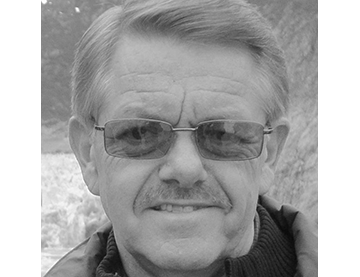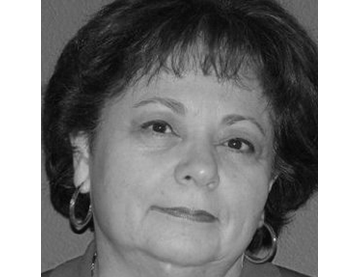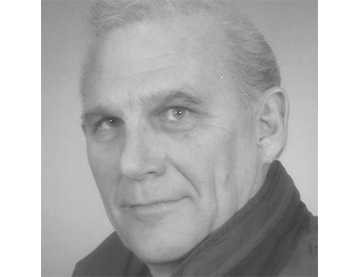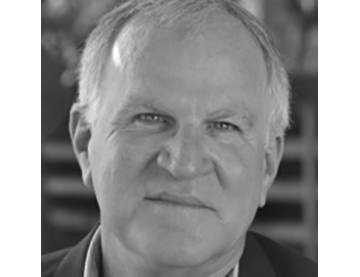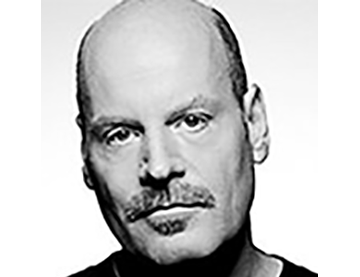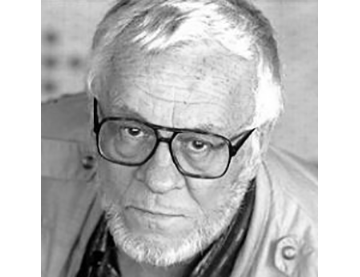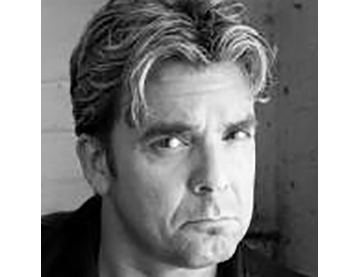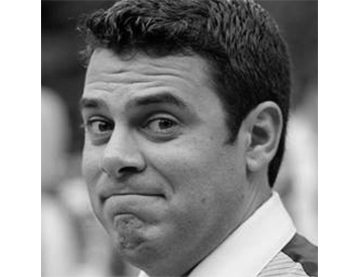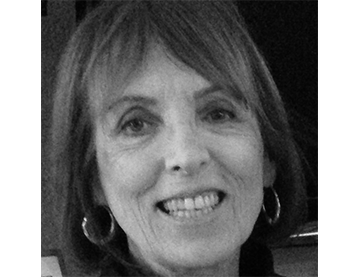Night Watch
Jack Olsen
A young woman lies dead, strangled by a killer still prowling the sweltering run-down neighborhood. The young wife of a police lieutenant receives threatening phone calls; the ...
MOREprecinct's patrol cars are sabotaged; even the puppies the officers have adopted as mascots are savagely slain. It looks like there's a psycho on the loose with a vendetta against the cops. And then the widow of a precinct cop is found horribly murdered. The signature of the first crime is on this one. But a deadly new element has been added – another murderer is imitating the first one's methods.
Olsen's ear is uncanny – the language, the psychology of cops rings absolutely true with all the brutal authenticity of Joseph Wambaugh. He makes them intimate, real, alive -- the burly, 37-year-old watch commander, Lt. Packer Lind, a dedicated cop; his adoring 21-year-old wife Amnee; Precinct Commander Julius Singletary, 47 and estranged from his wandering wife Agate; Sergeant Turk Molnar, the prototype of a big, dumb, good-natured flatfoot; the lovable smart-ass Artie Siegi, sex-driven Billy Mains and his new patrol car sidekick, bosomy Mary Rob Maki; and their patrolmen pals – including Gerald Yount, 24, whose wife Darlene has been cruelly unfaithful, precipitating a nightmare that brings Olsen's novel to its thunderous resolution.
Night Watch is a superb evocation of the real world of big city police today. It is a rare combination of action and a novel of character. In telling this riveting story, Jack Olsen portrays a memorable man in Watch Commander Packer Lind, along with marvelous creations of the characters of the cops under his command and their wives and the pressured lives they lead.
For more than a year, Olsen studied policemen at close range: on their beats, visiting them in their homes, joining in their off-duty revelries, riding shotgun as they chased speeders and burglars and killers, walking side by side with them into the bars and back alleys and tanks and dives and sometimes onto the killing grounds of this most dangerous of occupations. After sharing their pressure-cooker lives, Olsen calls them "the most undervalued members of our society: good and decent men, for the most part, whose stresses and torments are only dimly understood by the public they serve. They live on the edge of a knife-blade, and they pay the price in broken homes, tortured lives, and uncertain futures. The wonder isn't that there are so many bad cops. The wonder is that there are so few."


